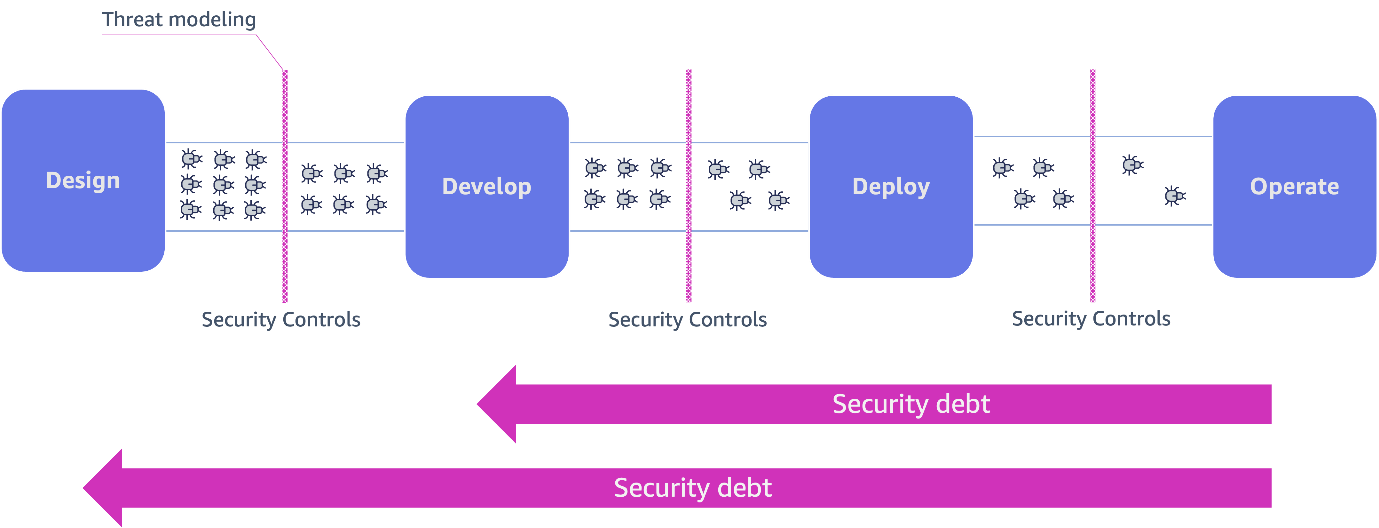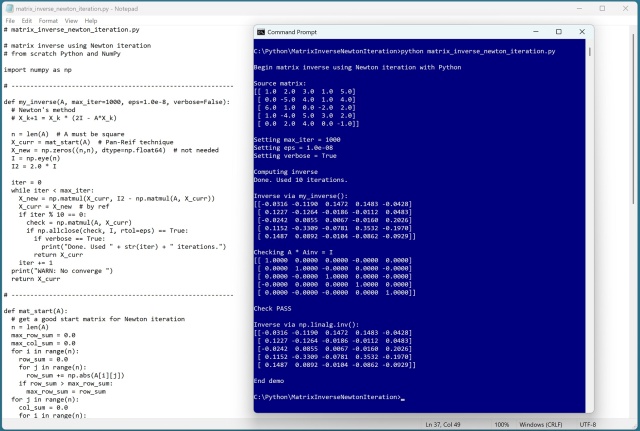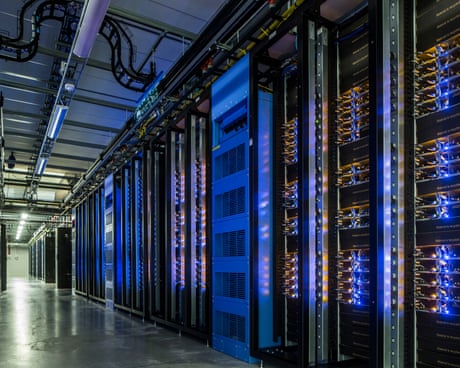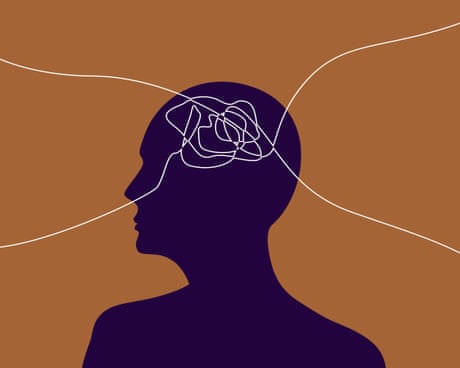Amazon CEO Andrew Jassy warns white collar workers that AI technology could replace jobs in the near future. AI agents and generative AI systems like chatbots are expected to reduce the need for employees in certain roles.
Meta's AI assistant fails a user seeking rail firm helpline, providing wrong number, leading to an awkward situation. Despite CEO Mark Zuckerberg's praise, the chatbot's mishap highlights limitations in its intelligence.
Generative AI transforms threat modeling by automating vulnerability identification, generating attack scenarios, and providing contextual mitigation strategies. Unlike traditional methods, AI models can understand complex system relationships, reason about novel attack vectors, and adapt to unique architectural patterns, making automated threat modeling a practical reality.
OpenAI secures $200m contract with US Department of Defense to utilize AI for national security challenges. San Francisco startup to pioneer AI applications for military operations and government tasks.
Dozens of algorithms exist for computing a matrix inverse, including the Newton iteration technique. Newton iteration is simple yet effective, slowly converging to the inverse matrix using a carefully selected starting matrix.
UK government's AI tool Humphrey raises concerns about reliance on big tech, while creative industries fear AI abuse. Absurd management euphemisms may still be better deciphered by human brains than AI.
MIT researchers discovered the position bias in large language models, affecting information retrieval. Their framework could lead to more reliable AI systems, like chatbots and medical assistants.
TV remains top news source, but more Aussies turn to social media for news, with TikTok and Instagram gaining popularity among youth, says 2025 Digital News Report from University of Canberra. 1 in 20 now ask AI chatbots for headlines, showing changing news consumption habits.
Matthew Caren joined MIT Schwarzman College of Computing’s Undergraduate Advisory Group as a jazz musician majoring in computer science. The group advises college leadership, fostering diverse discussions and enhancing the student experience at MIT.
Caitlin Morris, an architect and researcher, combines psychology with technology to enhance digital learning platforms. She collaborates with communities to create immersive art installations, exploring the intersection of technology and human connection.
Datacentres' undisclosed water usage for server cooling poses future water shortage risk in England, Environment Agency warns. Urgent action needed to prevent 5bn litre/day shortfall by 2055, with additional 1bn litre/day deficit for farming, energy, and emerging technologies.
Lawrence Akka KC calls for integrity in response to fake case-law citations. High court warns against misuse of AI in legal system.
Sheila Hayman emphasizes human qualities AI lacks, while Graham Taylor shows AI can summarize but not reason. Gary Marcus points out scaling up compute won't solve generative AI issues; humans excel due to sensory exploration.
Meta's $15bn investment in Scale AI shakes up AI industry with reported nine-figure salaries and major client Google's response. Scale AI's founder joins Meta, causing concern among competitors like Google and legal battles with Disney and Universal over copyright infringement.
Amazon Bedrock Knowledge Bases simplifies natural language interactions with structured data sources, enabling accurate queries without SQL bottlenecks. The solution empowers organizations to quickly build conversational data interfaces, transforming data access capabilities and decision-making processes.















